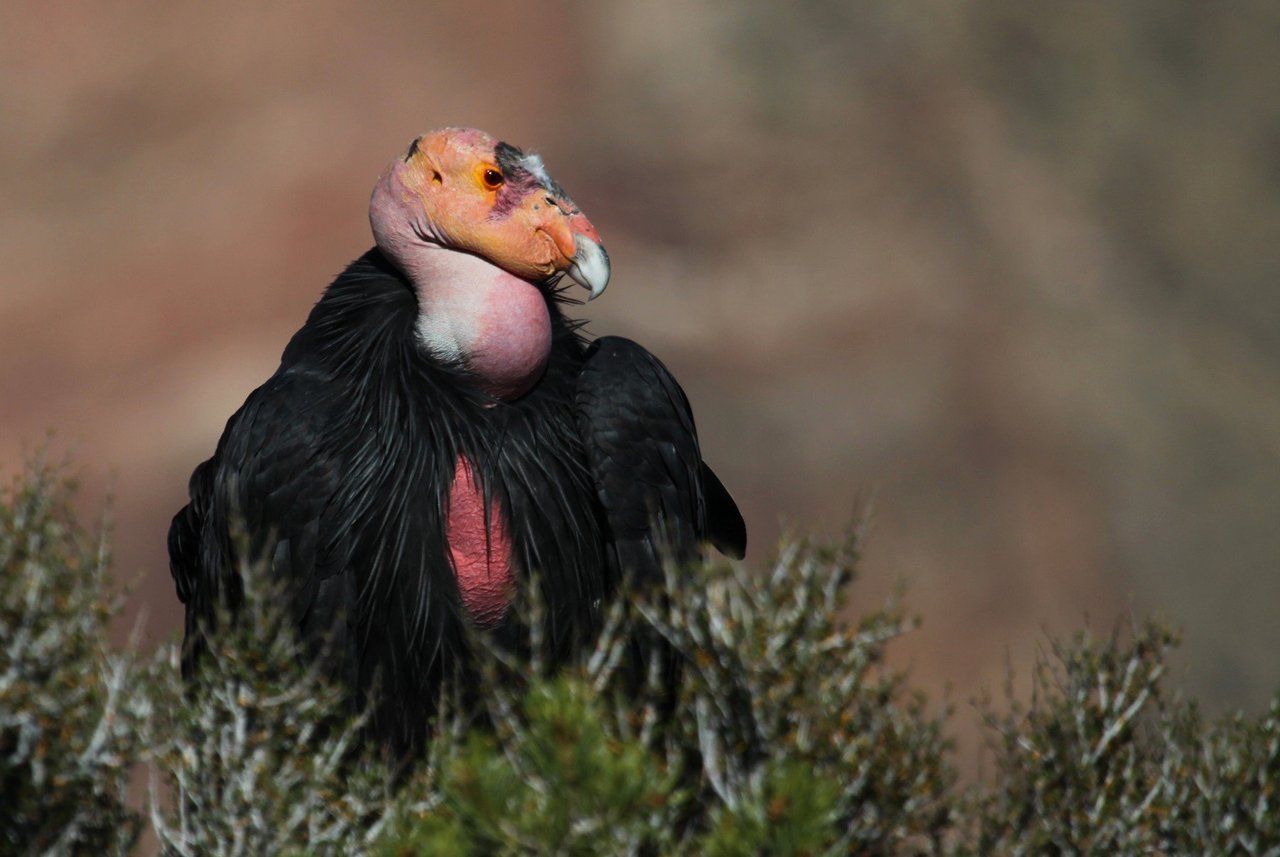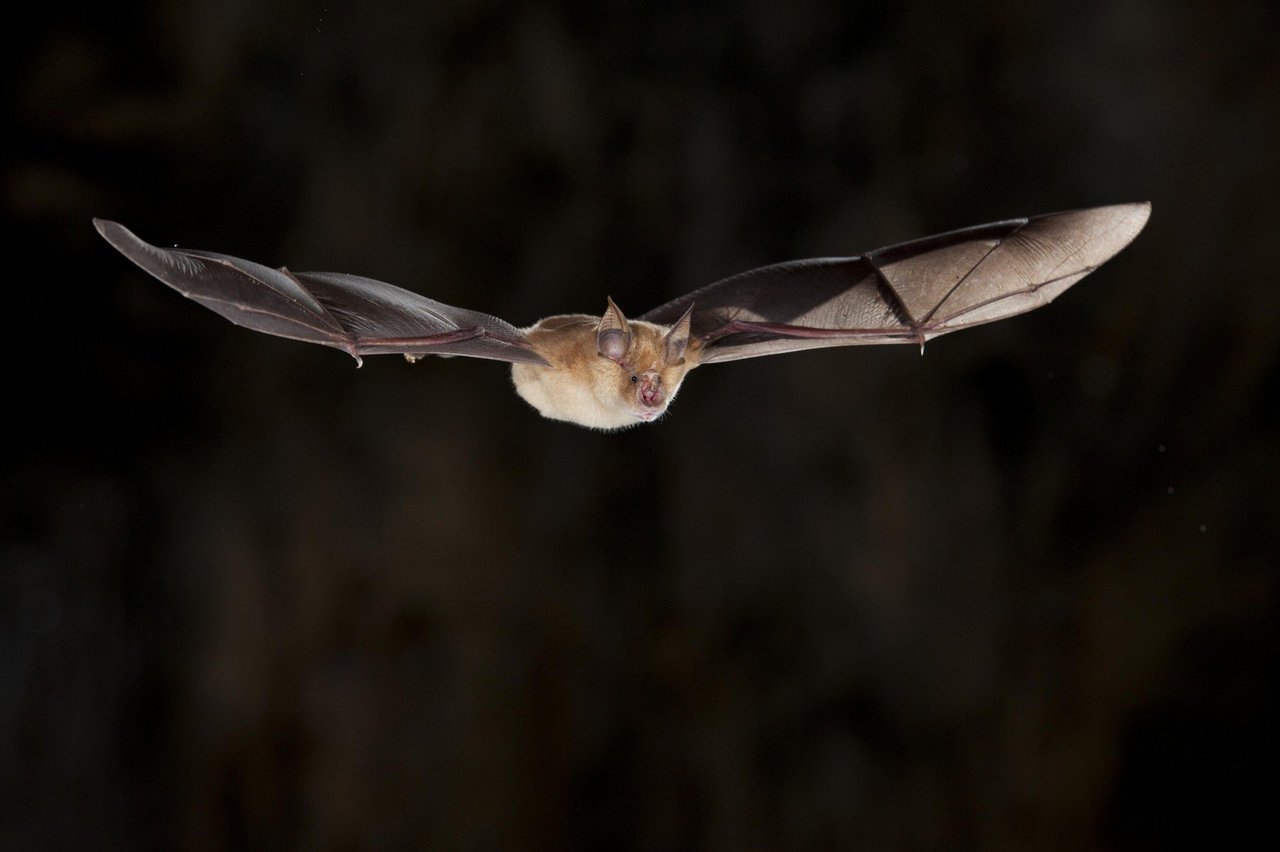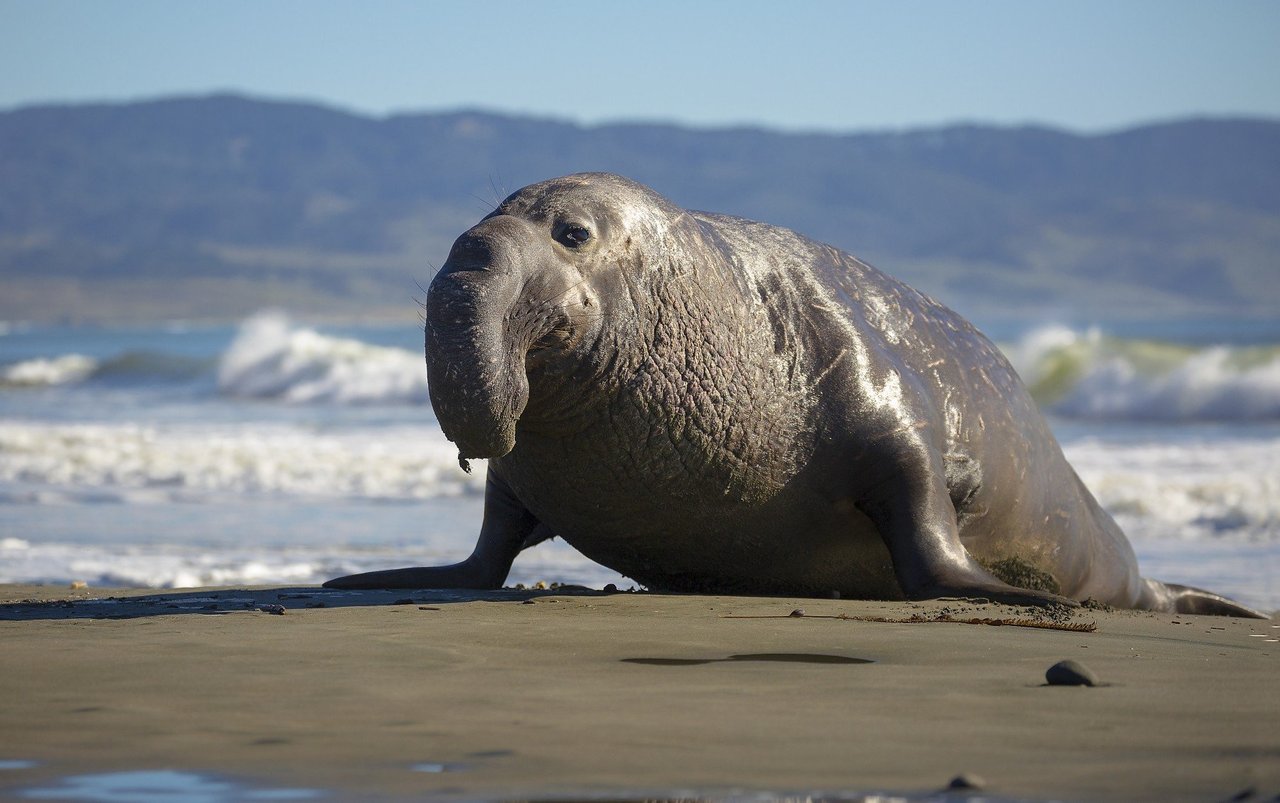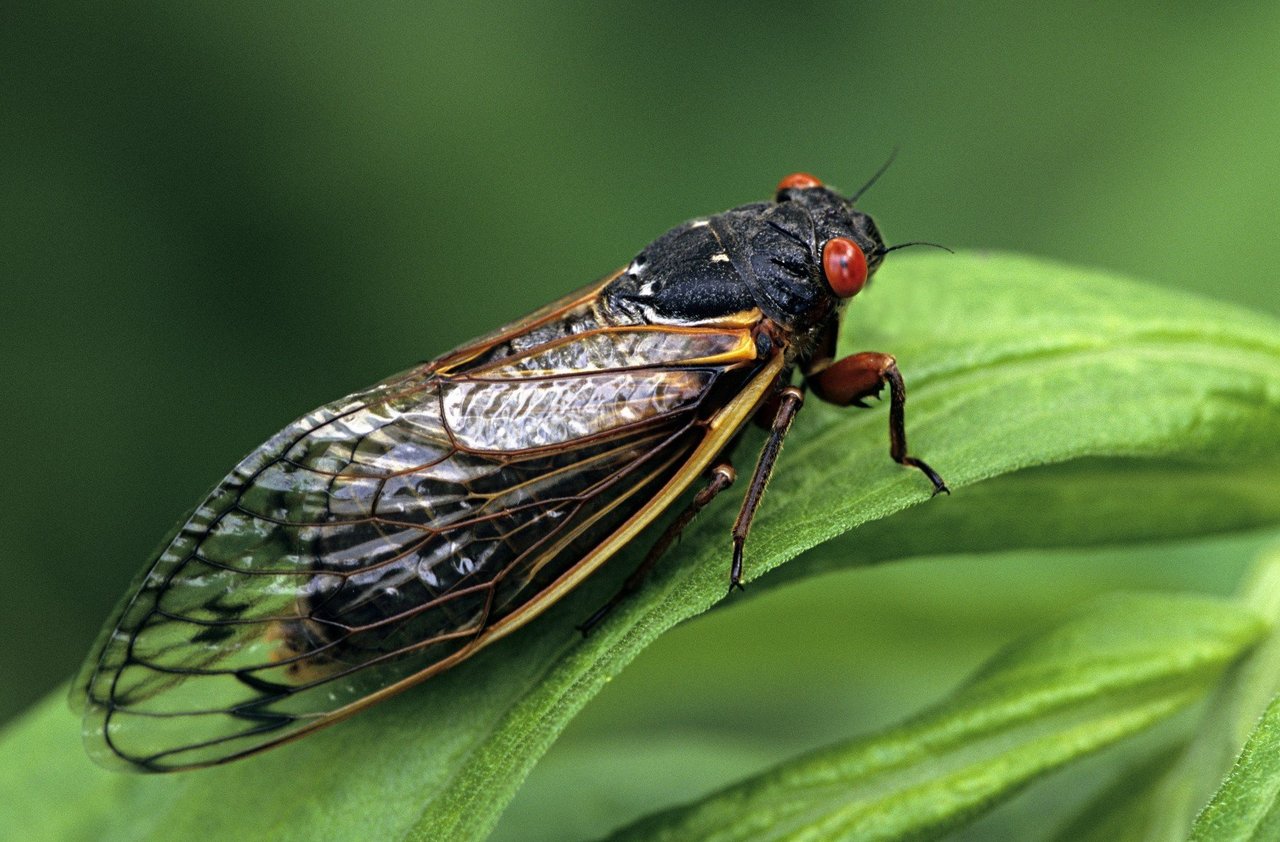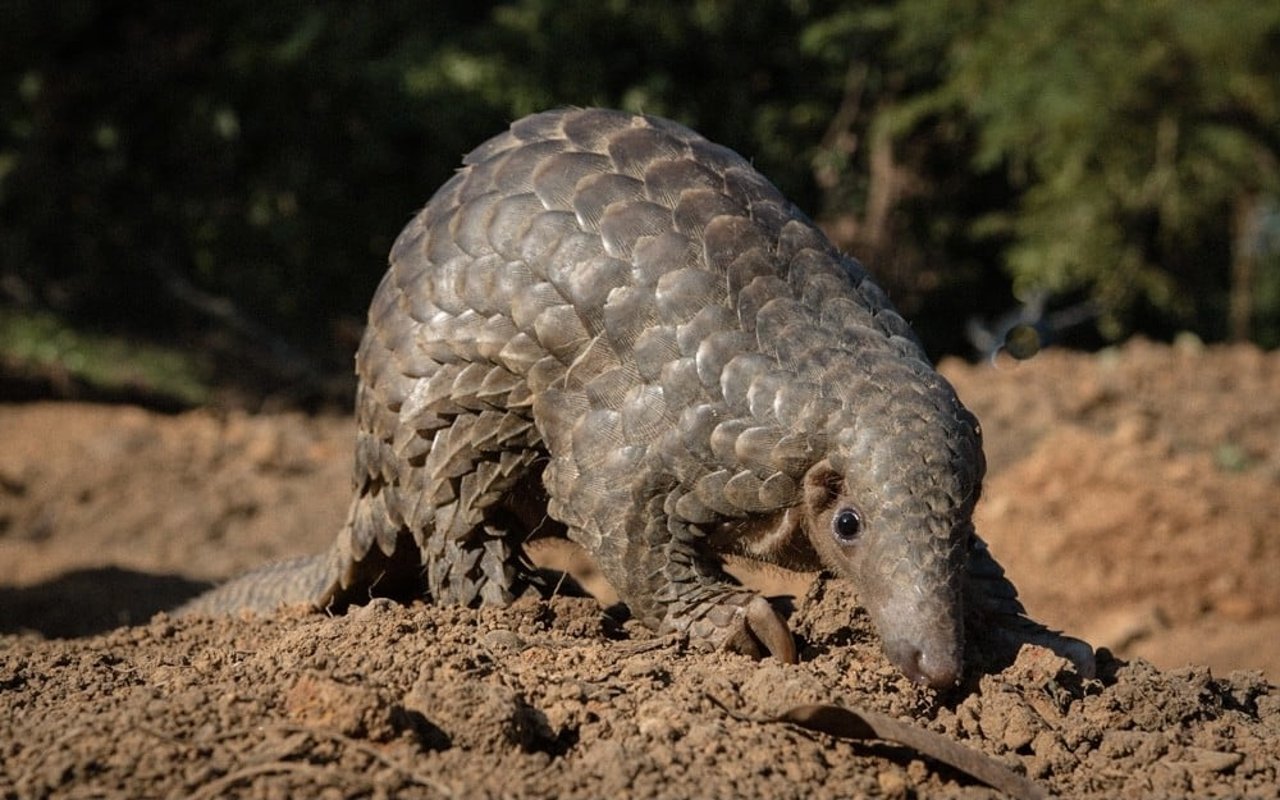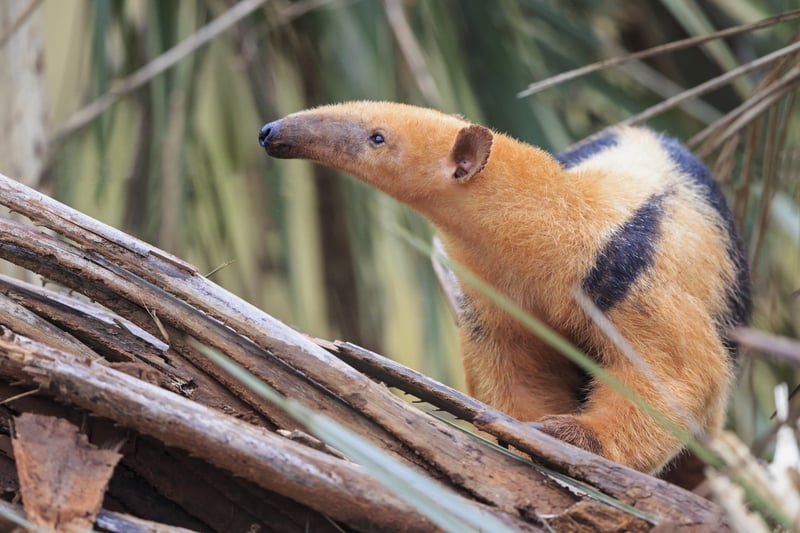
This World Animal Day, here are some of our favorite less popular animals that should be celebrated.
At World Animal Protection, we believe that every animal deserves to live a happy, full life, whether they be wild, farmed, or companion animals. This includes the animals that aren’t so easy on the eyes, ears, or other senses. Here are some of our favorite underdogs that could be your new favorite animal.
1. California Condor
The US’s largest land bird is a giant vulture with a wrinkled, bald head. They may not be the bird of your dreams, but they serve a large role in their environment. Vultures eat decomposing animals, which removes them (and the diseases they may carry) from the environment. They also recycle nutrients that are used by plants. The California Condor has been protected as an endangered species by federal law since 1967, and their population has been increasing in recent years.
2. Naked Mole Rat
This hairless subterranean rodent may look like a wriggling piece of flesh, but they are so much more than their appearance. Specifically, the naked mole rat is the longest-living rodent in the world, and can get to be more than 40 years old. This is impressive compared to the average rodent lifespan of just a few years. Scientists are studying the naked mole rat’s longevity with the goal of applying their findings to treat cancer and cardiovascular health issues in humans.
3. Horseshoe Bat
The horseshoe bat’s face looks, for lack of a better term, messed up. Do not let the irregularity of their features dissuade you from loving them. They prey primarily on insects, serving as an important part in their ecosystem. Horseshoe bats are of particular interest to public health and zoonosis as a source of coronaviruses, including the 2002-2004 SARS outbreak and, most recently, COVID-19. So, while you may love these creatures from afar, make sure not to interact with them.
4. Elephant Seal
Elephant seals are well-named as the noses of the males of this species resemble the trunk of an elephant, though they do not serve the same purpose. There are two different extant species of the elephant seal: the northern elephant seal, which lives in the eastern Pacific Ocean, and the southern elephant seal, which lives primarily around Antarctica. Climate change is directly impacting both species of elephant seals. As their environment heats up, scientists have found elephant seal populations to be declining.
5. Lesser Anteater
These South American anteaters may be cute, but they sure are stinky. In fact, they are regarded to be one of the worst-smelling creatures in the animal kingdom. When foraging, the lesser anteater sometimes releases a very foul smell from a gland located under the base of their tail. The smell is so strong that it is thought to be four to seven times stronger than that of a skunk, and can spread around a 160-feet radius. However, as insectivores that eat up to 9,000 insects a day, they help keep large insect populations down and can reduce negative impacts of parasitism in plants.
6. Cicada
Who likes cicadas? Some cicada species have scary red eyes, others sound “like a jet engine or a buzz-saw,” and one brood even grounded a White House press plane for hours this year. But there is a lot that we as humans can learn from the cicada. Their late-life wings are covered in a natural engineering marvel: minuscule uniform nanopillars that repel water, kill bacteria, and self-clean. Can you imagine what humanity could do with that kind of technology?
7. Pangolin
Okay, so pangolins are objectively adorable. However, like the lesser anteater, they emit a horrible odor from the glands near their anus to mark their territories. Two species of pangolin are Critically Endangered. They are the only scaled mammal in the world and are trafficked for their meat and the use of their scales in traditional medicine.
No matter what an animal looks, smells, or sounds like, they deserve a good life. Join us in protecting animals by subscribing to our newsletter. Remember to love and appreciate all the animals in your life, not just the ones who are conventionally cute.
